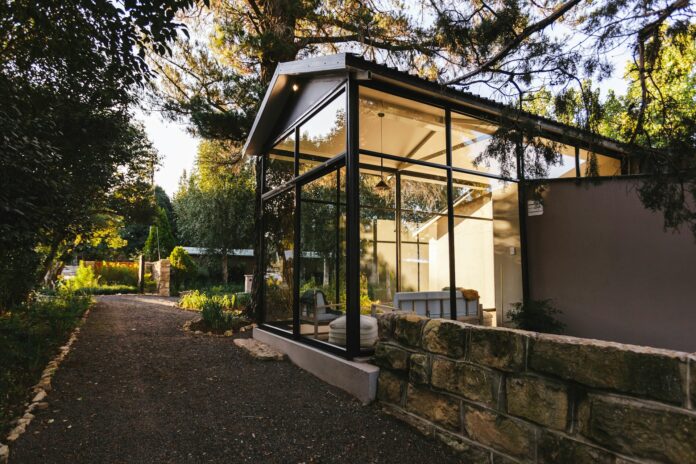So you’ve decided to renovate your house? We commend you on your bravery! Exciting (and stressful) times most certainly lie ahead, but we hope the finished article makes the current anxiety and apprehension worthwhile, in the end.
Talking of finished articles, don’t start doing that renovating until you get to the end of this one, because depending on the scale, it can be a massive undertaking that will not only require a considerable commitment of time but also a substantial amount of financial resources too (we’re talking about renovations again now, btw). Here’s how to get one step ahead before you begin; our 5 IDEAL things to consider when renovating your home.
BE REALISTIC ABOUT HIDDEN COSTS
We’ve all seen those Grand Designs episodes when an ambitious amateur attempts to build their dream home. And time and time again these budding architects come across the same problem – escalating costs. While we can all predict this eventuality from the sofa, being objective can be tough with your head under a hard hat and your knees deep in rubble.
Yep, hidden costs are one of the biggest hurdles to completing home renovations successfully. So, always add a recommended minimum contingency of 15% for unforeseen problems, overruns and even inflation.

ALWAYS COMPARE PRICES BEFORE COMMITTING
The high cost of home renovations is usually down to the high cost of equipment, materials, and services that these projects often require. But make no mistake: while they may not necessarily be cheap, it doesn’t mean that you can’t drive the cost down and seek savings in all manner of areas.
By making it a habit to compare prices first, whether it’s the paint products that you need or someone to assist you with the removal of debris or other unnecessary items, the time taken in doing so will help minimise your expenses, and, as a result, help you maintain tighter control over your budget.
Once you’ve compared prices, the guys from Evergreen Junk Removal tell us that it’s a good idea to negotiate when that feels appropriate. Indeed, some businesses will match the quote given to you by another firm so consider haggling with your chosen expert and tell them what others have quoted to bring the price down.
What Consumer reports “A recent survey by Which? found huge differences in quoted prices for basic building work”. For a simple three-sided brick dustbin enclosure they explain that “The lowest quote was £346 lower than the highest and this was even with the most extreme quotes taken out of the survey completely. The majority of builders, 66%, further muddied the waters by not including VAT in their quotes”
Never assume that a tradepersons first offer is the final offer.
THE ADDED VALUE TO YOUR PROPERTY
There’s no denying that changes and upgrades can increase the value of a home. However, not all renovations will have the same effect. Some, it has to be said, can even be detrimental to its worth. So before you start your renovation project, make sure that the planned modifications won’t have a negative impact on your property. Whether you choose to seek the assistance of a real estate agent or do your research online, carefully considering what type of updates to pursue will maximise your chances of achieving the desired return on your investment.
It’s worth noting that indecision can lead to excessive costs later down the line, as time is money and so is replacement material and labour. So, one of the most important steps for a home renovation is jotting down what needs the most attention.

CAN YOU REALLY DO-IT-YOURSELF?
It’s not hard to see why the do-it-yourself approach is popular among many homeowners. After all, it gives them a chance to keep the costs of the renovation at a reasonable level. As such, so should you. From simple demolition work to general cleaning, putting in some elbow grease will pay dividends in the amount of money that you’ll save on the project.
However, keep in mind that there are specific jobs that require the expertise of trained professionals. And shouldering all of the work can be just as bad as doing too little. So make sure that you choose the right tasks to tackle; it will save you a lot of trouble.
CHECK FOR RESTRICTIONS AND APPLY FOR PERMISSION
Sadly you can’t simply decide you want to add something new to your house or destroy part you’ve deemed surplus to requirements. First, you’re going to need to check if the property is listed or protected by law; a surprising amount of older buildings are, so it’s imperative to investigate. If you’re doing work on the outside of the property, for example erecting scaffolding or using metal cladding panels, then professionals will be required to perform a safety overview. If you’re planning wholesale changes to the property’s facade, planning permission may be required.
It’s also wise to check if you’re in a conservation area, as exterior work would conflict with this. This is especially pertinent if you’re planning on selling your house, as any illegal works will eat into the value considerably.





